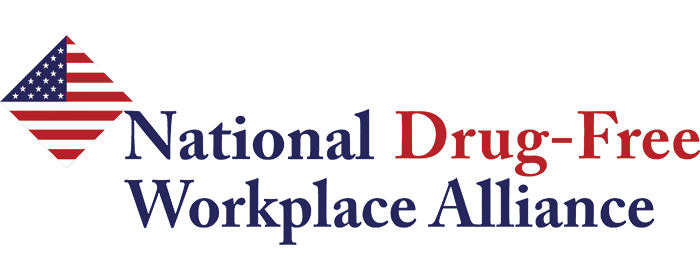Drug and Alcohol Testing
Is drug and alcohol testing legal? YES!
Legally Sensitive Areas:
- Safeguard employee’s confidentiality
- Ensure the policy is clearly communicated
- Establish procedures to thoroughly investigate alleged violations
- Ensure quality control and confirmation of positive tests
- Conform to union contracts, if applicable
Typical Testing Situations
Each employee, as a condition of employment, may be required to participate in some or all of the following testing situations.
Pre-Employment or Pre-Duty: Job applicants undergo screening for the presence of illegal drugs as a condition of employment. Typically, the new employee may begin work pending the (negative) result of the drug test.
Extended Absence: Employees who return to work after an extended absence (typically six (6) months or more) may be required to take a drug test.
Random: All full time, part time, temporary, seasonal or on-call employees may be subject to random drug testing taking place at unannounced intervals.
Post-Accident: Employees may be subject to post-accident drug and alcohol testing when an employee is involved in or is believed to have caused or contributed to an accident requiring notification of the company’s workers’ compensation, property or liability insurance carrier(s).
Reasonable suspicion: Employees may be subject to reasonable suspicion drug testing if a supervisor or manager has documented circumstances that could be (but not limited to) the following indicators of substance abuse:
- Observed drug use during work hours on company premises.
- Observable physical signs.
- Incoherent mental state.
- Marked changes in personal behavior that are otherwise unexplainable.
- Deteriorating work performance that is otherwise unexplainable.
- Accidents or other actions that provide reasonable cause to believe the employee may be under the influence.
Return-to-duty or Follow-up: Employees who successfully complete a rehabilitation program, or as part of their rehabilitation program may return to work. The employee is subject to follow-up drug testing for two years following a return to duty and/or completion of a rehab program.
Routine Fitness for Duty: Companies may require an employee to submit to a drug test if it is conducted as part of a routinely scheduled fitness for duty medical examination that is required for all members of an employment classification or group.





